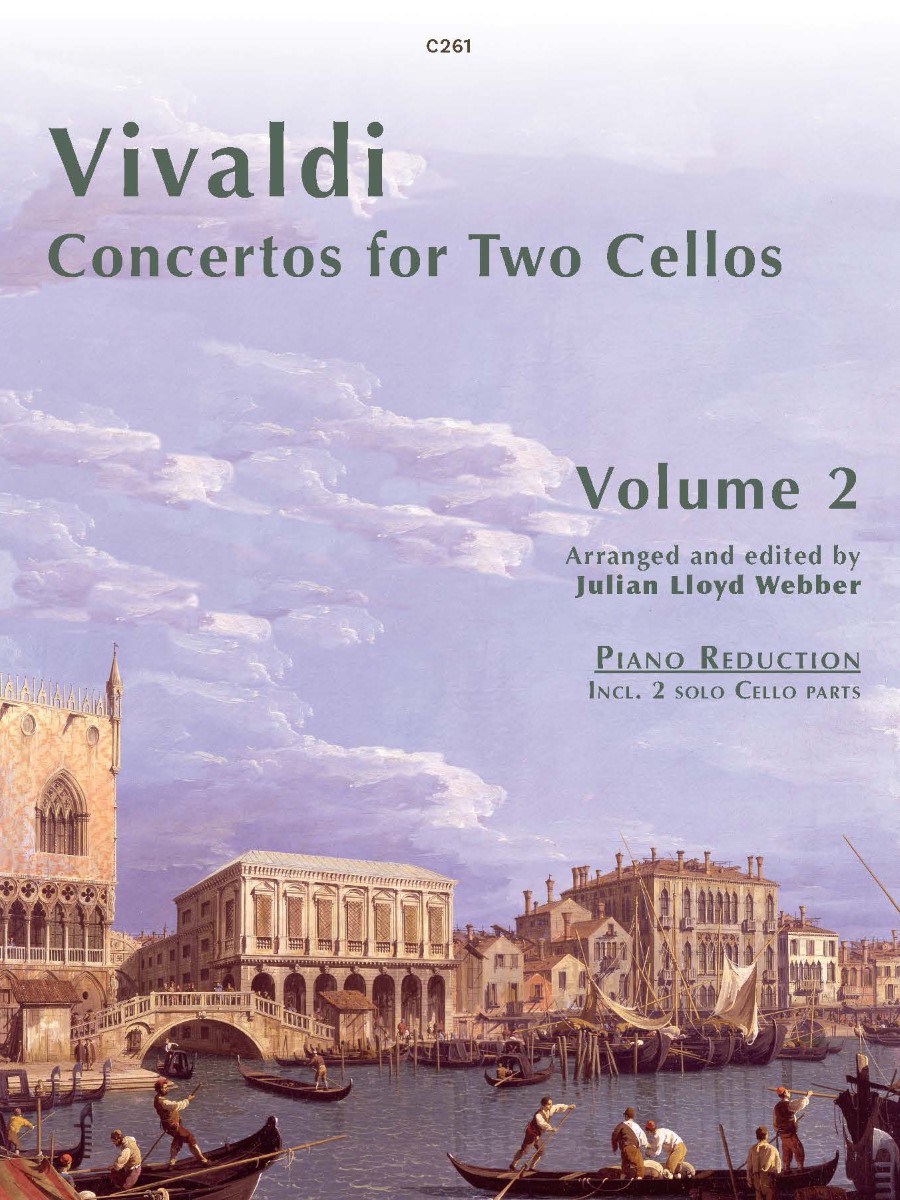Concertos for Two Cellos Volume 2, RV539, RV545 & RV812
Piano Reduction with solo cello parts

Composer: Vivaldi, Antonio
Instrumentation: 2 Cellos and Piano
Editor: Julian Lloyd Webber
Publisher Clifton Edition
[tmr_details_contents_exams]
[tmr_truncated_description]
Page ? of ?
Digital Download – PDF
Shipping costs: No shipping
R.R.P £19.95
Our Price: £16.96
[show_licence_button]
[series_titles]




